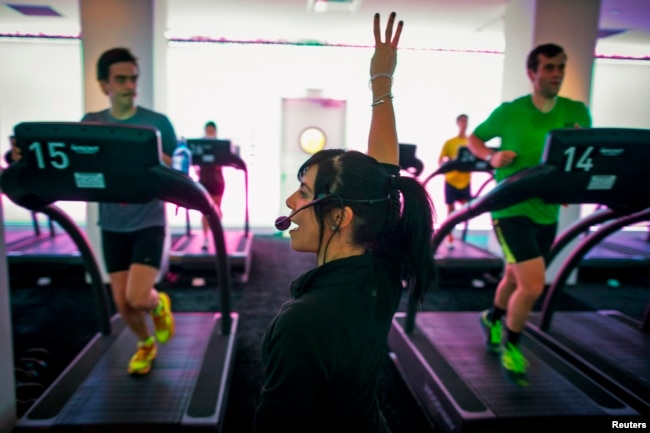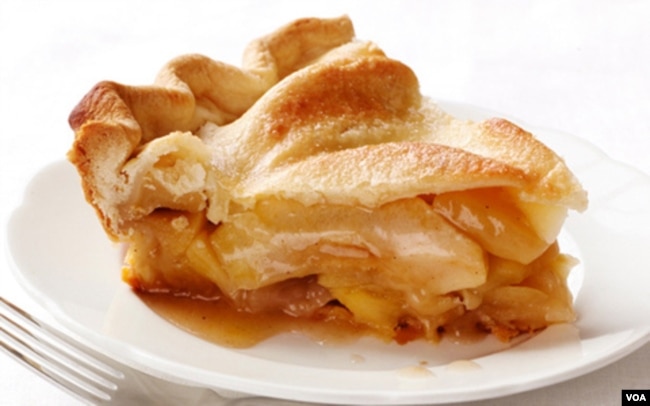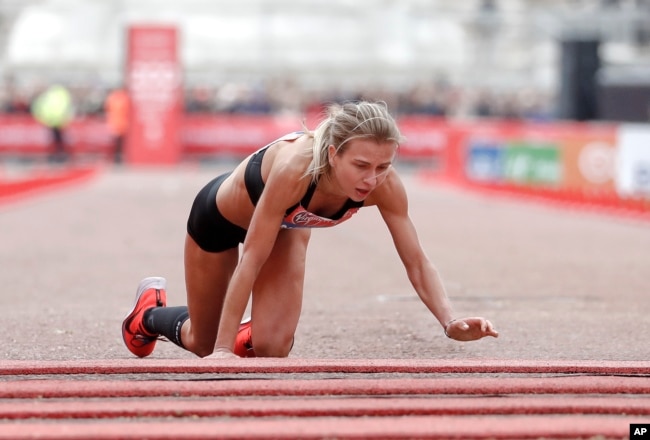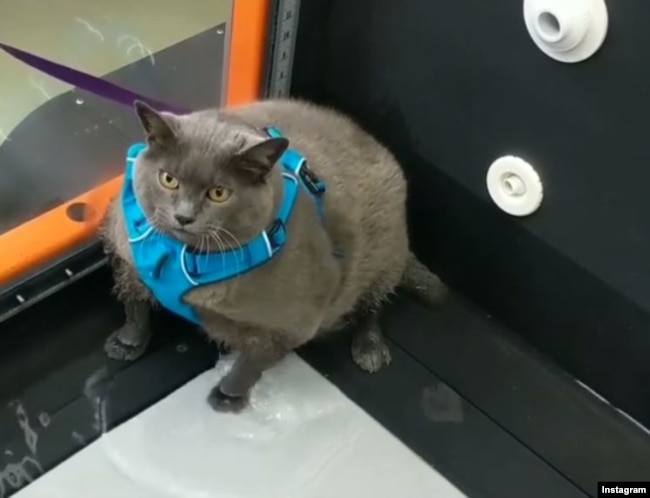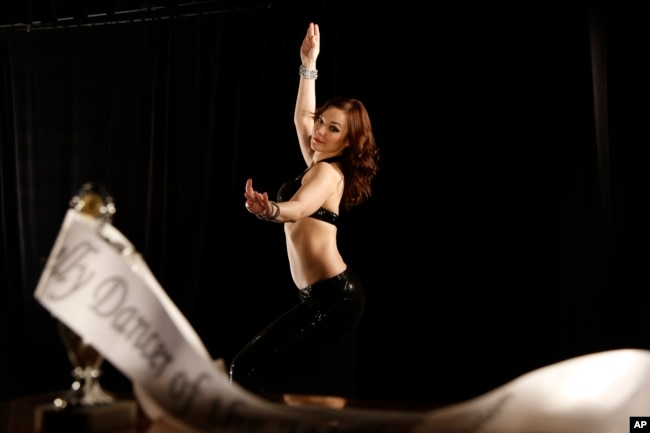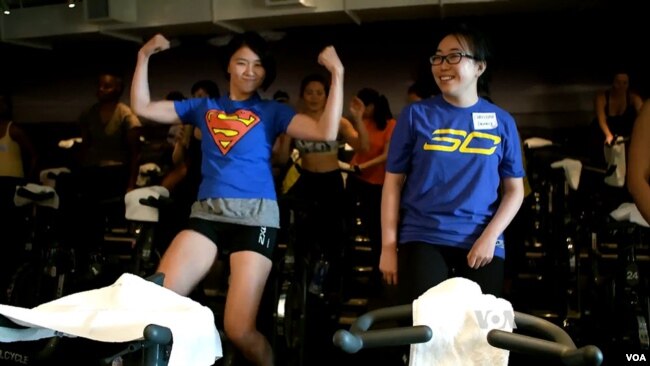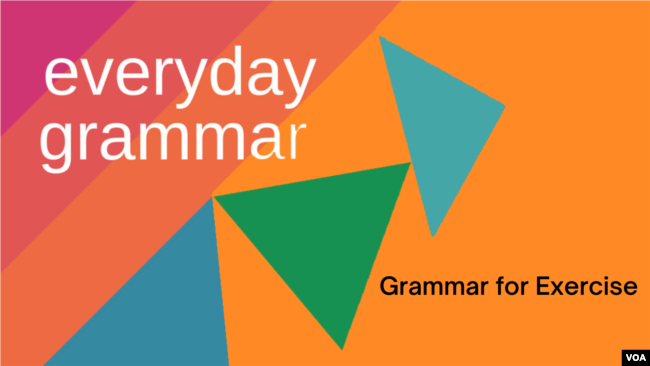運動のための表現語句
VOAで英語を学びましょう!!
運動のための文法(和訳)
Grammar for Exercise
December 08, 2022
あなたは "トレーニングする "のは好きですか?
運動のための "ウォーミングアップ "はどうしていますか?
ウォーキングやダンス、ランニングを楽しんでいますか?
今日の日常会話文法では、私たちがどのように運動を表現するのかについて見ていきましょう。私たちの行動を表す一般的なphrasal verbs 句動詞と、運動の種類を表すgerunds動名詞について学びます。
まずは句動詞から始めましょう。
Phrasal verb句動詞
句動詞は、動詞と助詞と呼ばれる前置詞や副詞があります。助詞は短い単語です。句動詞は、1つの助詞で構成されることもあれば、2つの助詞で構成されることもあります。句動詞は、動詞だけの場合とは異なる意味を持ちます。句動詞は、多くの場合、名詞または代名詞によって助詞から分離することができます。
英語でよく使われる練習フレーズの中には、句動詞があります。
そのいくつかを見てみましょう。
"Work out" はtransitive verb(Vt)他動詞です。体を強くする、あるいは健康にするために物理的な運動をすることを意味します。他動詞は直接目的語を取ることができます。
She works out her legs every day at the gym.
(彼女は毎日ジムで足を鍛えています。)
"warm up "は、心拍数を上げ、体を温めるために軽い運動をして、運動の準備をすることを意味します。
Emily warms up by walking on the treadmill.
(エミリーはトレッドミルの上を歩いてウォームアップしています。)
※treadmill:屋内でランニングやウォーキングを行うための健康器具
“Cool down”は、ウォームアップの逆です。激しい運動をした後は、心拍数が自然に下がるように体をクールダウンさせる必要があります。
I like to cool down by stretching my muscles.
(私は、筋肉のストレッチをすることでクールダウンするのが好きです。)
"Work off "とは、ストレス、感情、エネルギー、あるいは食べ物などを、体を動かすことで解消することです。
I need to work off that apple pie I had at Thanksgiving. Let’s go to the
gym!
(感謝祭で食べたアップルパイを何とかする必要があるわ。ジムに行こう!)
I had such a stressful day at work, I can’t wait to work that off at dance
class tonight!
(仕事でストレスの多い一日だったから、今夜のダンスクラスでそれを解消するのが待ちきれないよ!)
"try out (for)" は、チームの一員になるための競争をするいう意味です。
Tatiana tried out for the football team in August. She will play her first
game this weekend!
(タチアナは8月にフットボールチームのトライアウトを受けました。今週末に初戦を迎えます。)
"Pass out "は、気分が悪くなって倒れたり、気を失ったりすることを意味します。
If I don’t drink enough water before I do an intense workout, I always
feel like I’m going to pass out.
(激しい運動をする前に十分な水を飲まないと、私はいつも気絶しそうになるんです。)
She passed out near the end of the finish line because she was
dehydrated.
(彼女がゴール付近で気絶したのは、脱水症状を起こしていたからです。)
"give up "は、今やっていることをやめて続けないという意味です。
He had to give up playing basketball last year after he hurt his knee.
(彼は去年、膝を痛めてバスケットボールをあきらめざるを得なかった。)
Gerunds動名詞
Gerunds動名詞は動詞から形成されますが、文中では名詞と同じように働きます。語尾に-ingをつけると、動名詞になります。動名詞は動作や状態を表します。運動の種類を表現するために、いくつかの動名詞を使用します。
例えば、"walking "は動名詞です。
動詞の基本形に、-ingをつけます。
Walk + 語尾のに-ing = Walking
Walking is one of the best activities for your health.
(ウォーキングは健康に最も良い運動の一つです。)
"Joggingジョギング "はランニングに似ていますが、より簡単なペースです。
Tyler enjoys jogging on the weekends.
(タイラーは週末にジョギングを楽しんでいます。)
"Runningランニング"はより速く、レースの計画を立てるなど、その背景にはより多くの目的があるかもしれません。
Running a marathon is very hard work.
(マラソンを走るのはとても大変な仕事です。)
"Liftingリフティング "とは、筋肉で重いウェイトを持ち上げる筋力トレーニングのことを指します。
Taylor started lifting weights last year.
(テイラーは昨年からウェイトリフティングを始めた。)
"Dancingダンシング "は、音楽に合わせて体を動かします。
She loves dancing because it’s creative and gets her heart rate up.
(創造的で心拍数も上がるので、彼女はダンスが大好きです。)
"Trainingトレーニング "とは、イベントや目標に向けて運動をすることです。
Jo not only does strength training, but she also trains in dance.
(ジョーは筋力トレーニングだけでなく、ダンスのトレーニングも行っているそうです。)
"Spinning "は屋内サイクリングです。
There’s spinning at this gym.
(このジムにはスピニングがある。)
練習
句動詞と動名詞を組み合わせて、運動の様子を表す文章を作ってみましょう。
例えば、次のようになります:
I warm up by dancing.
(私はダンスでウォーミングアップをします。)
ここでは前置詞byを使って、どのようにウォーミングアップをするかという手段を伝えています。
また、次のように言うこともできます:
Dancing warms me up.
(ダンスは私を温めてくれます。)
ここでは、句動詞は人称代名詞 "me" によって分割されています。
最終見解
今日は運動に関する一般的な表現について見てきました。私たちは、“work out” や“cool down”といった句動詞を使って、自分の行動を表現することができます。基本動詞に前置詞を加えて句動詞を作り、それを名詞や代名詞で分割することができるのです。
もう一つ、動詞に似た構造として、動名詞を調べました。動詞に最後に-ingをつけたもので、文中の名詞のような働きをします。動詞は動作を表すので、私たちが幸せで健康でいるために行う運動を表すのに最適です。
このレポートの最後に宿題を出しましょう。
あなたが運動を表現するために使う句動詞や動詞はありますか?
どのように運動するかを表現するために、句動詞や一般動詞を使ってください。両方を組み合わせて文章を作ってみてください。
Grammar for Exercise
Do you like to “work out?”
What do you do to “warm up” for exercise?
Do you enjoying walking, dancing, or running?
In today’s Everyday Grammar, we will look at how we can express ways we exercise. You will learn about common phrasal verbs to describe our actions and gerunds for kinds of exercises.
Let’s begin with phrasal verbs.
Phrasal verbs
Phrasal verbs have a verb and either a preposition or an adverb called a particle. A particle is a short word. Phrasal verbs can be made up of one particle or two. A phrasal verb has a meaning different from that of the verb alone. Phrasal verbs can often be separated from the particle by a noun or pronoun.
Some of the most common exercise phrases in English are phrasal verbs.
Let’s take a look at some of them.
“Work out” is a transitive verb. meaning to do physical exercise to make your body strong or healthy. A transitive verb can take a direct object.
She works out her legs every day at the gym.
“Warm up” means to prepare for exercise by doing light exercise to increase your heart rate and warm your body.
Emily warms up by walking on the treadmill.
“Cool down” is the opposite of warm up. After intense exercise, you need to cool down your body to let your heart rate decrease naturally.
I like to cool down by stretching my muscles.
“Work off” means to get rid of stress, emotions, energy, or even food by doing physical activity.
I need to work off that apple pie I had at Thanksgiving. Let’s go to the gym!
I had such a stressful day at work, I can’t wait to work that off at dance class tonight!
“Try out (for)” means you compete for a spot on a team.
Tatiana tried out for the football team in August. She will play her first game this weekend!
“Pass out” means you feel sick and fall down or faint.
If I don’t drink enough water before I do an intense workout, I always feel like I’m going to pass out.
She passed out near the end of the finish line because she was dehydrated.
“Give up” means that you stop what you are doing and do not continue.
He had to give up playing basketball last year after he hurt his knee.
Gerunds
Gerunds are formed from verbs, but they work like a noun in a sentence. We use the ending -ing to create a gerund. Gerunds express actions or states of being. There are several gerunds that we use to express kinds of exercise.
For example, “walking” is a gerund.
We take the base form of the verb and add -ing.
Walk + ending -ing = walking
Walking is one of the best activities for your health.
Other common gerunds for working out include:
“Jogging” is like running but with an easier pace.
Tyler enjoys jogging on the weekends.
“Running” is faster and there may be more purpose behind it, like planning for a race.
Running a marathon is very hard work.
“Lifting” refers to a form of strength exercise where one lifts heavy weights with their muscles.
Taylor started lifting weights last year.
“Dancing” is moving the body to music.
She loves dancing because it’s creative and gets her heart rate up.
Words in This Story
treadmill – n. a machine with a moving part that you can walk or run on for exercise
stress – n. a physical, chemical, or emotional factor that causes bodily or mental tension and may be involved in causing some diseases
pie – n. a food consisting of a pastry crust and a filling, as of fruit or meat
dehydrated – adj. describes the removal of water or liquid from something, such as food
marathon – n. a long run of about 42 kilometers, a hard task that lasts a long time
